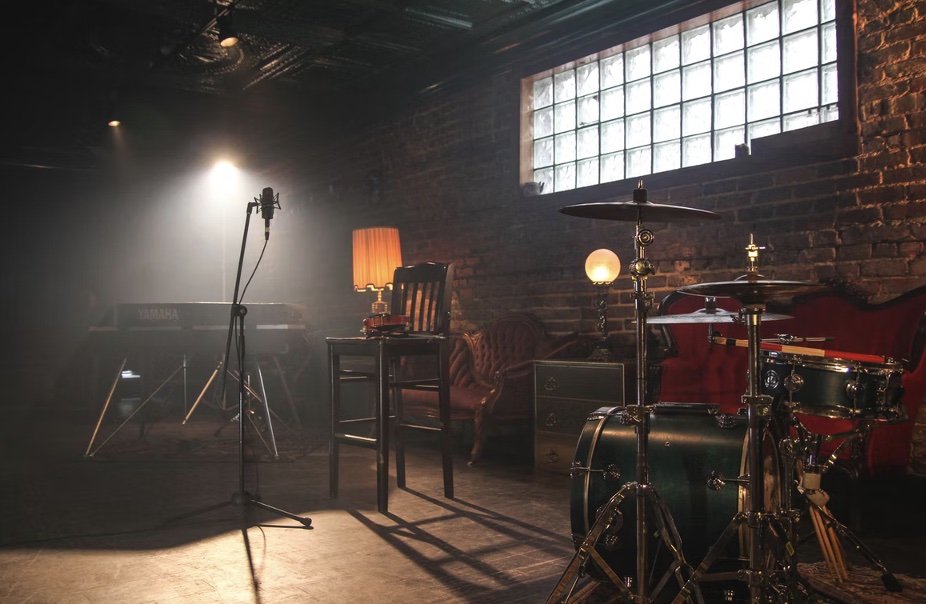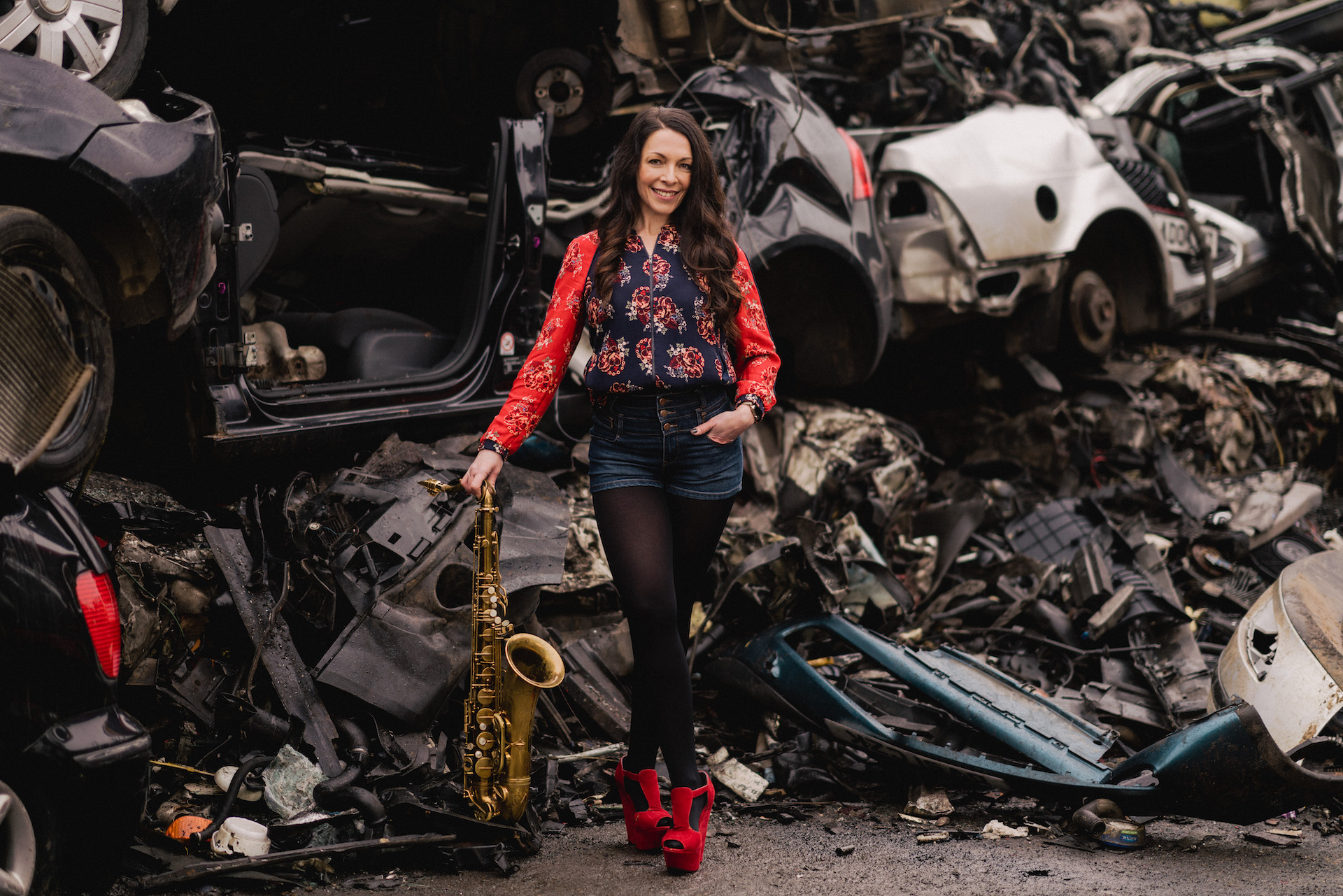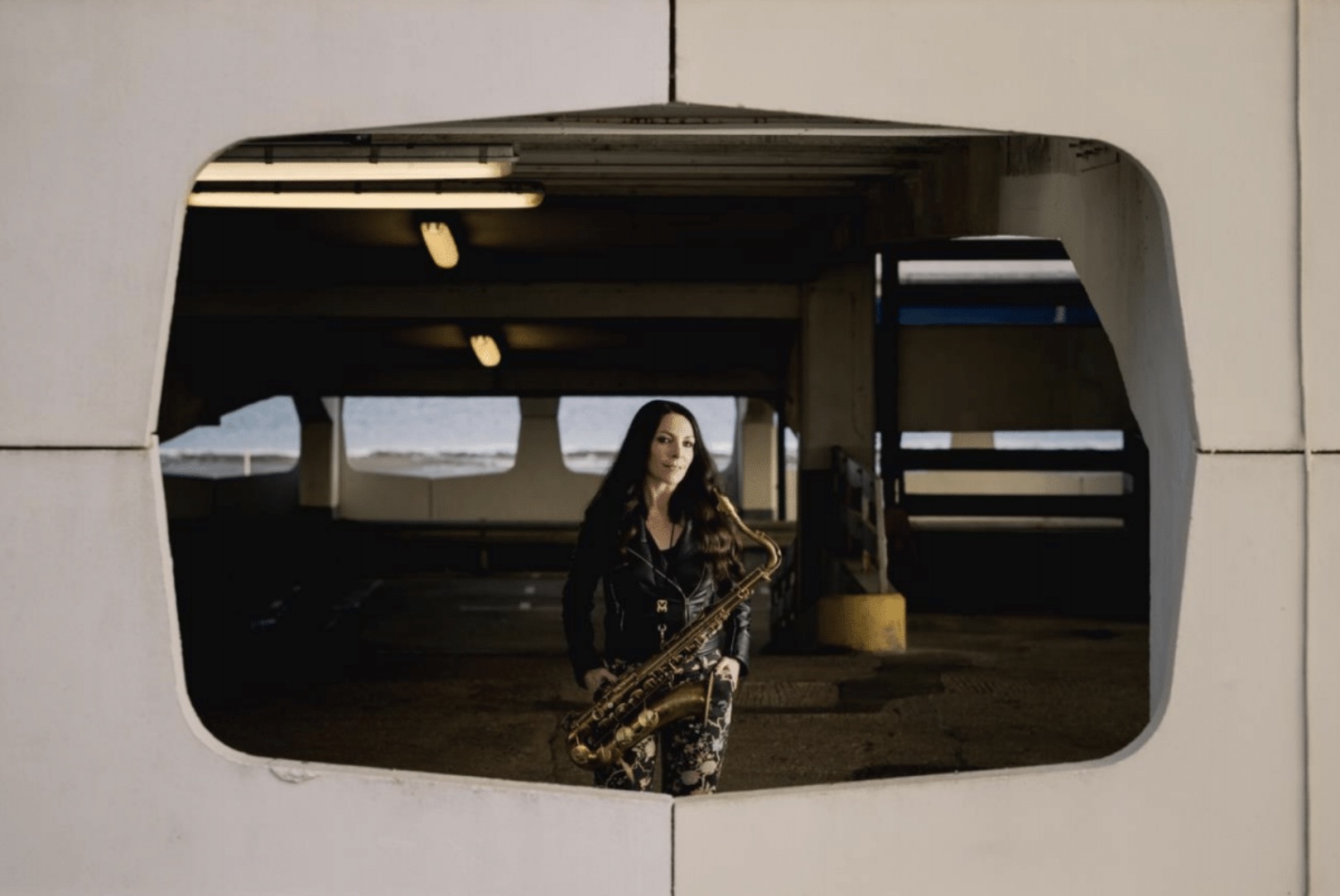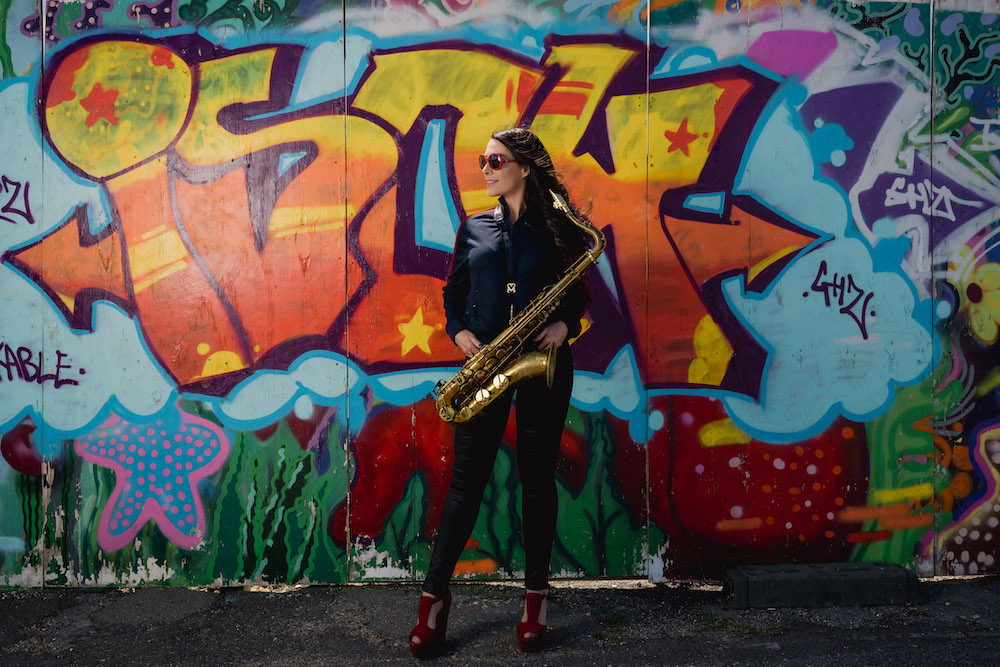As a musician, touring has always been an enormous part of my life. There’s probably no better way to connect with people and make money through music.
But the world is changing, and as it changes, musicians as much as anybody else need to find ways to adapt.
Recent years have brought with them many events that make touring more difficult. And musicians should really be asking: is touring still viable at all?
The pandemic put us in lockdowns, and at the time, touring came to a full stop. That gave us a chance to gain perspective on how we’d been doing things before. And when we returned to the road, it seemed we might be able to do so having learned all the insights that these months inside afforded us.
But what ended up happening was less introspection and more longing for life to return to the way it was. It might be that the old normal is gone forever.
If we look at touring in our new context, we see that it is not as simple as it used to be. Several changes have made it a fundamentally different cost-benefit analysis. So let’s examine what that is, and see if the tour needs to go.
COVID Lingers

The most obvious reason to stop touring right now is the lingering threat of COVID — for the audience, for the band, and for the people working the venue.
Let’s face it, live music is so beautiful because it brings large groups of people together to experience the same thing at the same time. It is a collective experience, one that can’t be imitated successfully if we all stand far apart and mask up.
Vaccines have rolled out, and that means people are less likely to get COVID and are less at risk for serious complications if they do. But the risk, while reduced, is not zero.
On a less human and more logistical level, COVID restrictions make touring more difficult and less of a reliable money maker. For one, many fans will simply stay home. This is especially true for the immunocompromised, who are either unable to get the vaccine or for whom getting COVID while vaxxed is still a dangerous proposition.
Meanwhile, the venues often want to keep attendance lower. The thinking goes that fewer people in attendance means more distance between people and a lower risk that someone with COVID shows up. And while that thinking is undoubtedly right, it naturally reduces ticket sales.
Also, there is more work a venue has to do now, making sure people who show up are compliant and relevant restrictions are enforced.
While you might still eke out decent pay from tickets, the feeling of these events is different. People are definitely appreciative of going to live music again (this was especially true early on when the vaccines were first rolled out), but the feeling of deep connection to the music and the people around you is diminished.
Nobody should have to risk their life to go see live music. On the other hand, live music thrives in a much more lenient, free atmosphere. That’s not only true for enjoying it, but also supporting yourself financially from it.
Brexit

Brexit has made touring much more difficult for UK musicians. And that is something which, while it could be changed in the future, seems as endemic and long lasting as COVID.
The “No Deal Brexit” essentially means that people in the UK can no longer travel through Europe without visas, work permits, and carnets.
Nowadays, if you want to tour through Europe, you need to fill out a mountain of paperwork. You need to have your carnets in order and be prepared to produce all paperwork on demand and queue, queue and then queue some more!
If you don’t, you can very well end up on a border and have to leave your gear with customs. Then, you’ll have to hire in all your PA and instruments to fulfil the gig, as no one wants to cancel a tour date.
That’s made more likely the smaller of an act you are, too. Having an army of lawyers to help you figure out the paperwork labyrinth means you can actually do it, but most musicians — especially those at the beginning of their careers — simply don’t.
Without touring Europe, many UK bands are going to suffer. But touring Europe now holds an enormous potential for financial loss. That changes the equation to the point where many will be forced to stay home, unable to afford the tour that would lead to their own financial growth and stability.
Luckily, there are a few resources. The Incorporated Society of Musicians, for instance, can help with guidance. But it seems that when even larger bands are immediately running into trouble, there is only so much that can be done.
A lot of that has to do with contradictory information and uncertainty around how the rules will be enforced. Depending on whom you ask, you might not need a carnet for travelling with your instruments in the van with you, or you might be slapped with a massive fine at the border. You might be able to use a passenger ticket for your van, or you might need to pay for the much more expensive freight ticket. The doubts and confusion seem endless.
The uncertainty ends up being worse than any added cost. Tours require a lot of planning to be profitable, and if even your most careful planning can be thrown out the window at any second, it makes touring far less viable.
Carbon Footprint

The issues we’ve looked at so far are potentially temporary. One can imagine a near future where COVID becomes much less of a threat, and maybe in a few years issues surrounding Brexit are solved (fingers crossed).
But even if those issues go away, there is still the matter of the environmental impact of touring bands.
The fact is, travelling leads to heaps of emissions. By bus, van, or plane, you are looking at an immense amount of carbon going into the atmosphere.
When we talk about sustainability, we often like to look at how others are doing (or not doing) their part. But when you turn that same eye towards yourself, things get very uncomfortable very quickly.
I think most music lovers would say that touring music is such a small part of the problem, and the communal experience of live music is simply too important. Besides, there are surely much bigger fish to fry.
But it turns out that touring has a massive impact. One Cambridge study followed five Scottish bands on tour. It found that, in only six months, they’d racked up a combined 19,314 kilograms of CO2 emissions. That can be compared to flying between New York City and London almost 20 times.
And emissions are only one side of the story. The waste generated at venues can be staggering, especially with many relying on single-use packaging.
Because of this, acts like Coldplay and Massive Attack have foregone touring, at least until they have a plan for getting the impact of their tours down.
What does all of this mean for musicians who can’t afford to hire a specialist to guide them to a less damaging tour? It means doing it the old way or not doing it at all.
Without some kind of support for improving the situation, the footprint question ends up forcing smaller acts (even not-so-small acts) to make tough decisions about their values.
Financial Loss

While many of the above reasons make touring significantly less commercially viable, one must also look at the commercial viability of not touring.
The vast majority of music is now listened to online. But the vast majority of income musicians get is from the physical experience of live shows. Unless you can pack in huge crowds hundreds of nights a year in a single town, that means you have to tour.
For a long time, that has been a major impetus for bands to hit the road. It goes well beyond ticket sales, however.
Touring also means you get the opportunity to sell merchandise, promote your band name, and build overall awareness of what you do. A great tour can give you recognition in new markets, boosting the other sides of your business — like streaming and digital album sales.
It’s for this reason that all the problems above are still not enough for most musicians to actually abandon the tour altogether .
There is not a single revenue source that really comes close to doing live shows. If you are a member of the upper echelon of recording artists, you can probably make a decent amount of money just through streaming. But if you are in the lower 99% of musicians (and you want to afford a basic standard of living), streaming will never be enough.
There’s also no better way to promote what you do. There’s no better way to connect with people who otherwise would never discover you. There’s no better way to build relationships with promoters and other artists.
The truth is, the economics of being a musician are built around tours. And until a new option is available, it remains the only way to make a good living.
Real Connection

But probably the worst part of cutting the tour is the loss of making real connections. Live music is a treasured part of many people’s lives for a reason. It gives us a chance to gather and enjoy ourselves. It allows musicians to feel an indescribably unity with their audience and vice versa.
Without the tour, the variety of music available in almost any city will drastically reduce. And the chance to see your favourite artists play live will be virtually impossible.
For many, that’s simply not an option. It is too tragic to think of a world where there are no new musicians coming to town.
It’s one of the few ways left in society where people have a shared experience in the real world together. And with touring, it also does this while creating a culture that goes beyond borders. These are essential parts of being human, but they seem doomed.
The verdict

All of these considerations pull me in different directions.
It seems that today musicians both can’t afford to tour and can’t afford not to. A real double bind, and one that has implications for everybody.
After all, the negatives above apply to all forms of collective human behaviour. When even the most human of activities — getting together to dance to music — is removed, what’s left? What have we allowed the world to become? And what does that mean for our lives going forward?
I shudder to think.
But the importance of this must also be weighed against the importance of living inside the reality of our times. With illness, political red tape, and a climate crisis, how can we ignore the signs that touring is no longer viable? And if it isn’t viable, how can we be expected to do it anyway?
So we come to the end of the question with more questions that we came in with, and maybe fewer answers, too. The future of touring will be decided as we each negotiate our own path forward through the mess. It will include how audiences feel and what they are willing to do to keep live music alive.
It might be that it will simply get more expensive — to cover the lower attendance numbers, the risk of unforeseen cancellations, and the environmental offsets to keep impact low. While this solution seems fair in a way, it would also mean excluding people from live music who simply can’t part with that much money for an evening out.
Whatever ends up happening, my suspicion is that the tour as we know it is no longer viable, but there is a new kind of tour that will be. But that means doing the work to make this new kind of tour. It means staying committed to the power and importance of live music, without being blind to the realities of the world.







